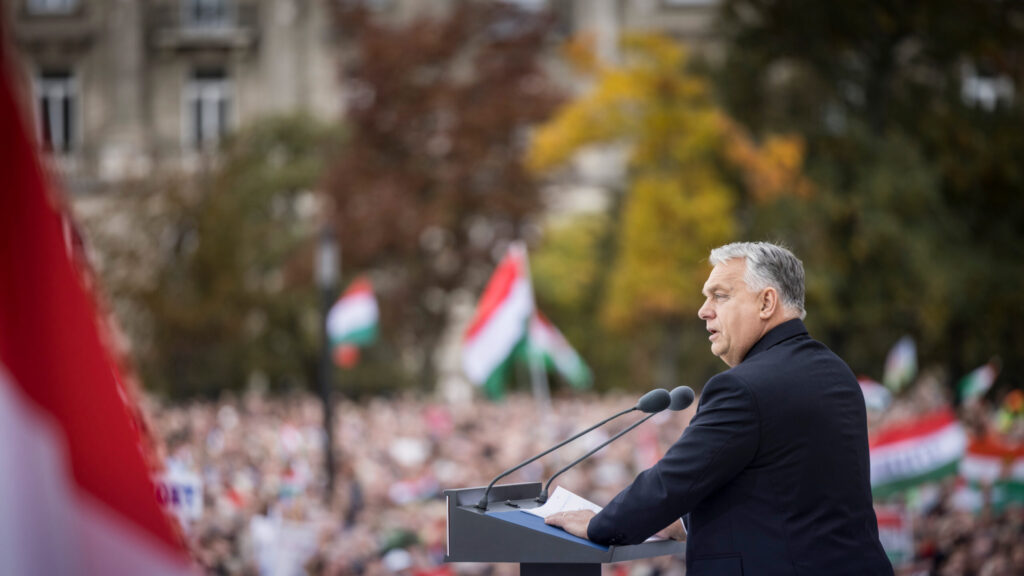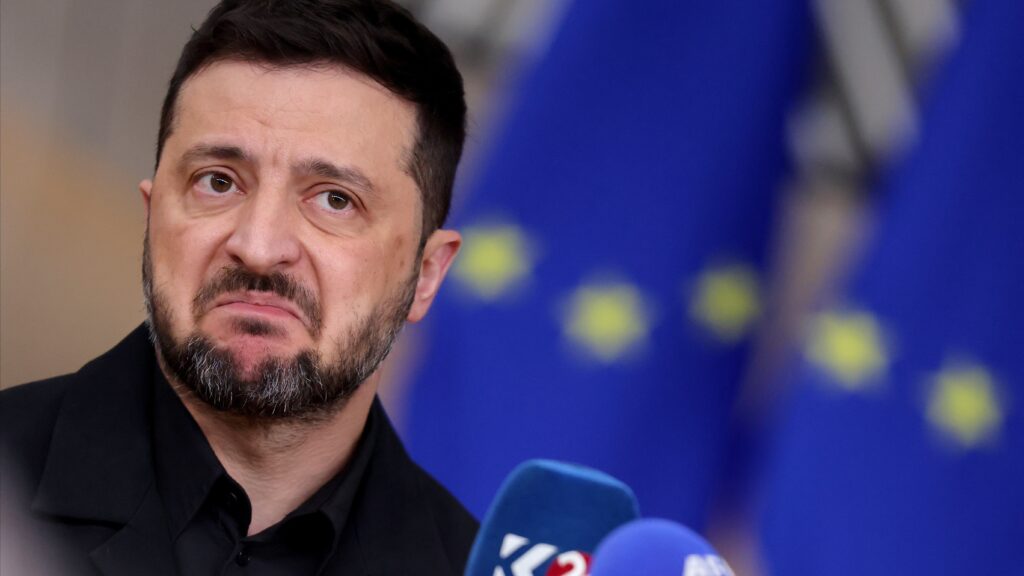The Ministry for National Economy (NGM), in collaboration with Neumann János Nkft, is launching the Industry 4.0 Truck this year, a nationwide roadshow on artificial intelligence (AI), and arranging a voucher programme to support businesses in the implementation of AI applications, Szabolcs Szolnoki, the Deputy State Secretary responsible for industrial policy and technology at NGM announced on Tuesday at a conference held at the Budapest University of Technology and Economics.
Szabolcs Szolnoki, speaking at the conference on the role of European Digital Innovation Hubs (EDIHs) in economic development, emphasized that the aim is to ensure the accessibility of digital technologies to as many stakeholders as possible through the involvement of EDIHs. He said the objective of Hungarian EDIHs is to assess the digital maturity of 1,500 small and medium-sized enterprises, provide technical training for 300 entrepreneurs, and offer business development and engineering consultations.
The ministry places special emphasis on shaping the regulatory environment for Industry 4.0, 5G, artificial intelligence (AI), and drones, the State Secretary stressed. Speaking of drones, he said the government wants to create a more permissive regulation for the market while ensuring security. In the field of 5G networks, the goal is to promote the spread of private 5G networks, he highlighted.
The politician also spoke about the new industrial strategy, with primary sectors including automotive, food industry, health, information and communication technology, as well as creative industries. The main pillars of the strategy are supplier development, fostering ‘Hungarian champions,’ and establishing technological excellence, sustainability, and supply security, he emphasized. He added that digitalization plays a significant role in this process. As an example, he mentioned a recent tender that provided over 30 billion forints in non-refundable support for technological developments specifically for Hungarian food industry suppliers. He added that nearly 80 Hungarian suppliers are receiving support, and mentioned the establishment of an information cluster in the automotive industry, which assists in the transition to electric vehicles.
Charaf Hassan, Dean of the Faculty of Electrical Engineering and Informatics at BME, stated at the opening that EDIHs contribute to spreading existing results across the industry.
Related articles:
Sources: Hungarian Conservative/MTI







